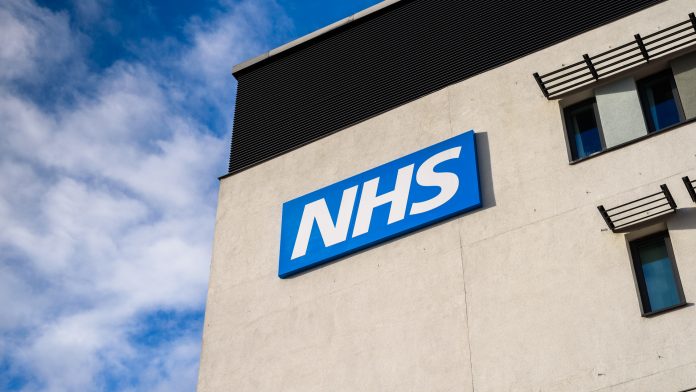
NHS hospitals will benefit from a share of £700m to help tackle waiting lists and improve care. It will help over 785 schemes across 187 hospital trusts to increase capacity and deal with high demand.
The Department of Health and Social Care has announced that NHS hospitals will receive a share of £700m to expand wards, install modular operating theatres, upgrade outpatient spaces and MRI and screening technology, to reduce waiting lists.
The plan will address the current challenges faced by the NHS and social care this winter which includes responding to high demand and COVID-19.
Unprecedented pressure on NHS hospitals
The government plans to publish a document setting out the key challenges NHS hospitals and social care services face this winter, such as COVID-19 and the potential threat of variants; preparations are being made to keep people safe and healthy.
This follows the COVID-19 booster programme which was extended to all adults in England. All adults over 18 will be offered a booster jab by the end of January to help protect against the Omicron variant.
The pandemic put unprecedented pressure on the NHS. To alleviate this, NHS hospitals need to be able to offer more appointments, operations, and treatments. Innovative practices must be adopted, so patients continue to receive the best possible care.
Funding split across all regions
The investment is part of the £5.4bn already announced to support the NHS response to the pandemic in the second half of the year. In total, the government is investing over £34bn of additional funding in health and social care services this year.
The funding will be split across all regions in England and will help to reduce waiting times for patients at NHS hospitals by expanding the number of operating theatres and beds, including new day surgery units to prevent people staying overnight and investment in technology to improve their experiences of care and help them manage their conditions.
The allocations for the £700m includes £330m for upgrading facilities at NHS hospitals. £250m for new technology and £120m for any supporting revenue costs.
The funding will cover the costs of:
- Additional day surgery units to boost activity and avoid patients having to stay overnight or longer
- Additional permanent and modular theatres and surgical hubs in multiple trusts to drive up the number of operations which can be carried out.
- Expanding outpatient space for those not staying overnight, to increase the numbers of patients that can be seen.
- Upgraded or new imaging equipment, including MRI and mobile breast screening units.
In total, 785 schemes have been approved, including the following major projects:
- £13.8m for new wards at University Hospitals Birmingham, delivering an expected 164 additional adult inpatient beds across the trust.
- £14.4m at St George’s Hospitals to deliver a new modular facility providing 20 intensive treatment unit beds.
- £10.2m to develop a new South Mersey Elective Hub, with two new theatres and recovery areas.
- £10m for a day surgery site in Castle Hill Hospital in Hull, which will house four theatres, as well as all supporting services.
- £7.1m to build a modular ward at the Royal Shrewsbury Hospital with 32 beds.
- £5.9m at Bedford Hospital to create 20 flexible multi-purpose outpatient rooms.
To prepare for this winter, the NHS and national and local government has undertaken a range of actions, which include:
- Working to recruit 18,000 more staff, including nurses, healthcare support workers, medical support workers, alongside making use of temporary staffing and staff banks.
- Supporting the workforce with access to health and wellbeing support and mental health hubs, which have helped 30,000 people so far.
- Keeping the nation protected against the virus, especially against the new Omicron variant, through vaccination with over 15.5 million boosters delivered in England and the biggest flu vaccination programme in UK history.
- Secured new COVID-19 antiviral and therapeutic treatments to help save more lives, including Ronapreve, Lagevrio and Paxlovid, in addition to tocilizumab and dexamethasone
- Continue to provide free lateral flow testing alongside contact tracing, regular asymptomatic testing and the use of self-isolation and quarantine.
- Bolstering capacity across urgent and emergency care and the wider NHS, including a £250m investment in general practice and the forthcoming Elective Recovery Plan.
- Publishing an adult social care winter plan including £388m to support infection prevention control and £162.5m for workforce recruitment and retention.
- Investing £478m for support services, rehabilitation and reablement care following discharge from hospital, and ensuring health and social care services are joined up.
Additionally, the new Health and Social Care Levy, UK-wide healthcare funding will rise by a record £36bn over the next three years. The funding includes a commitment to ring-fence an additional £8bn to fund waiting list recovery – the biggest catch-up programme in NHS history.








